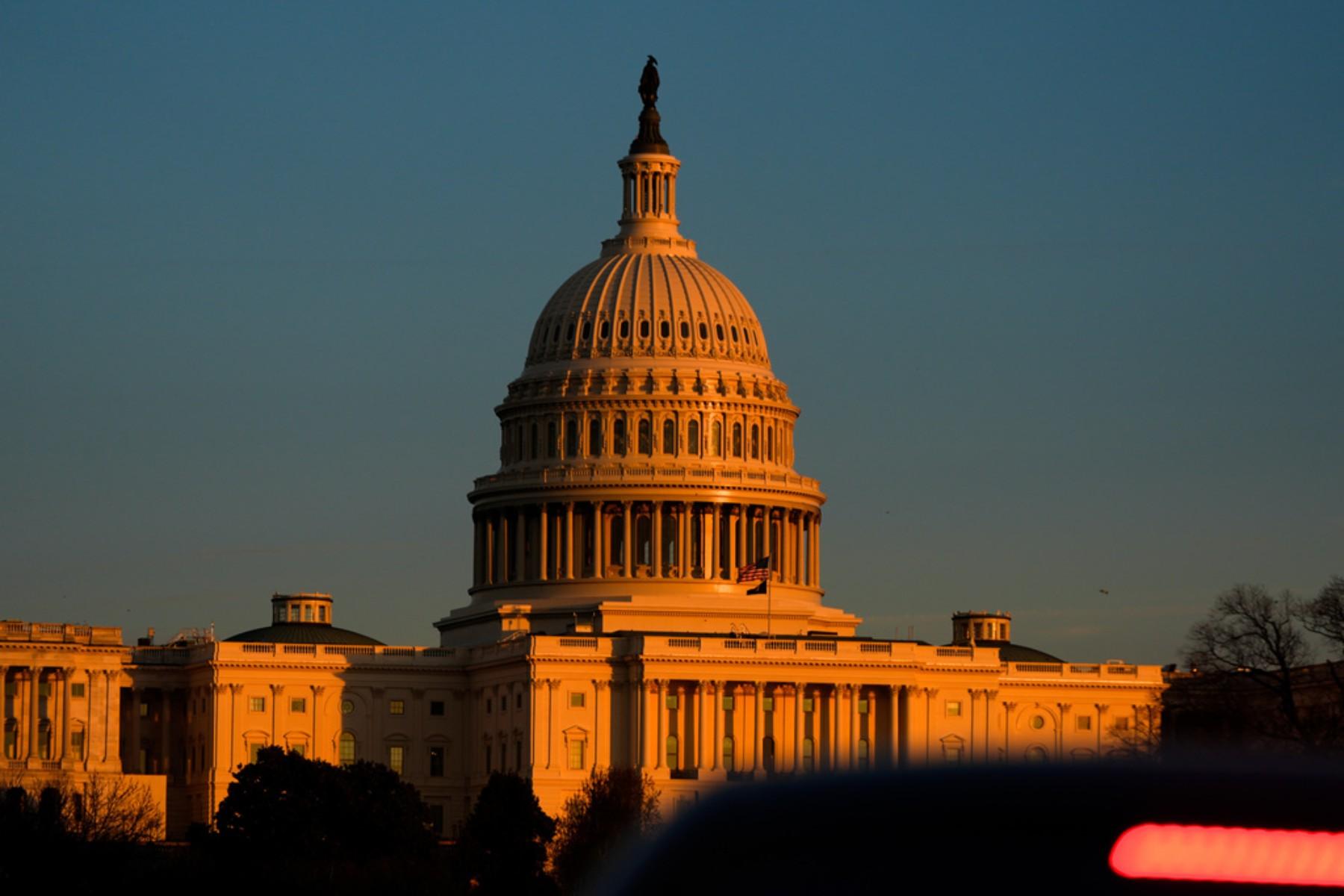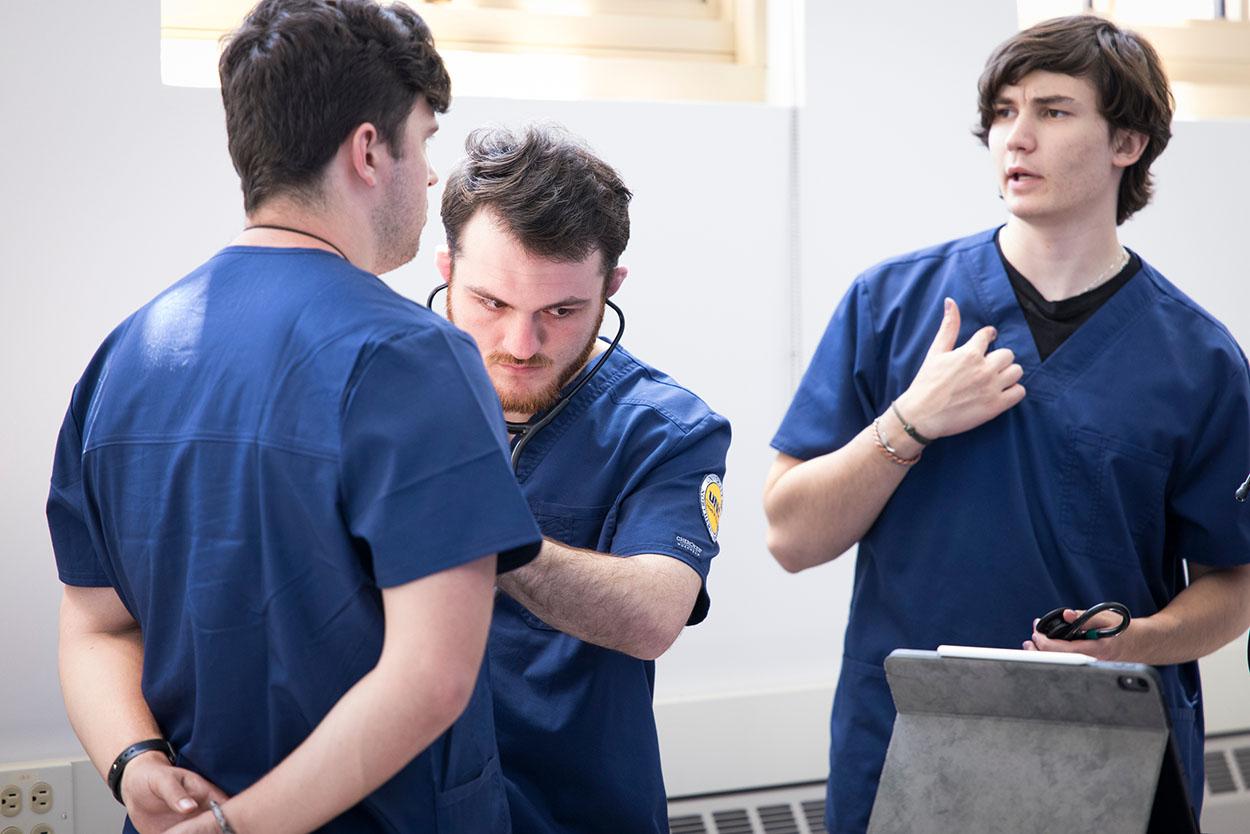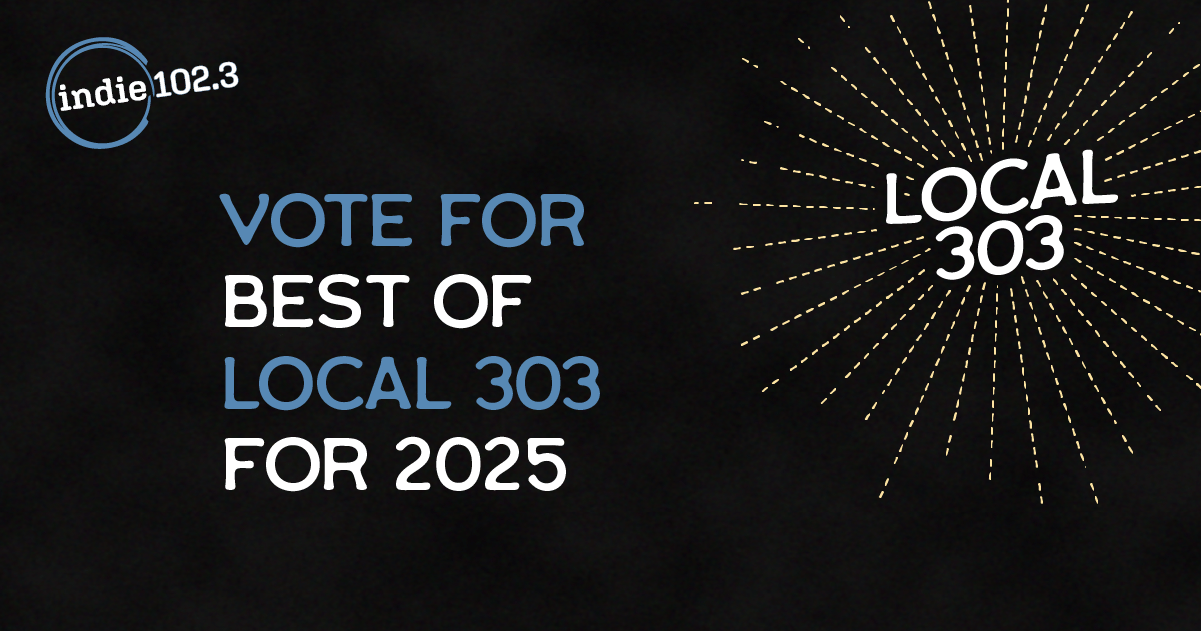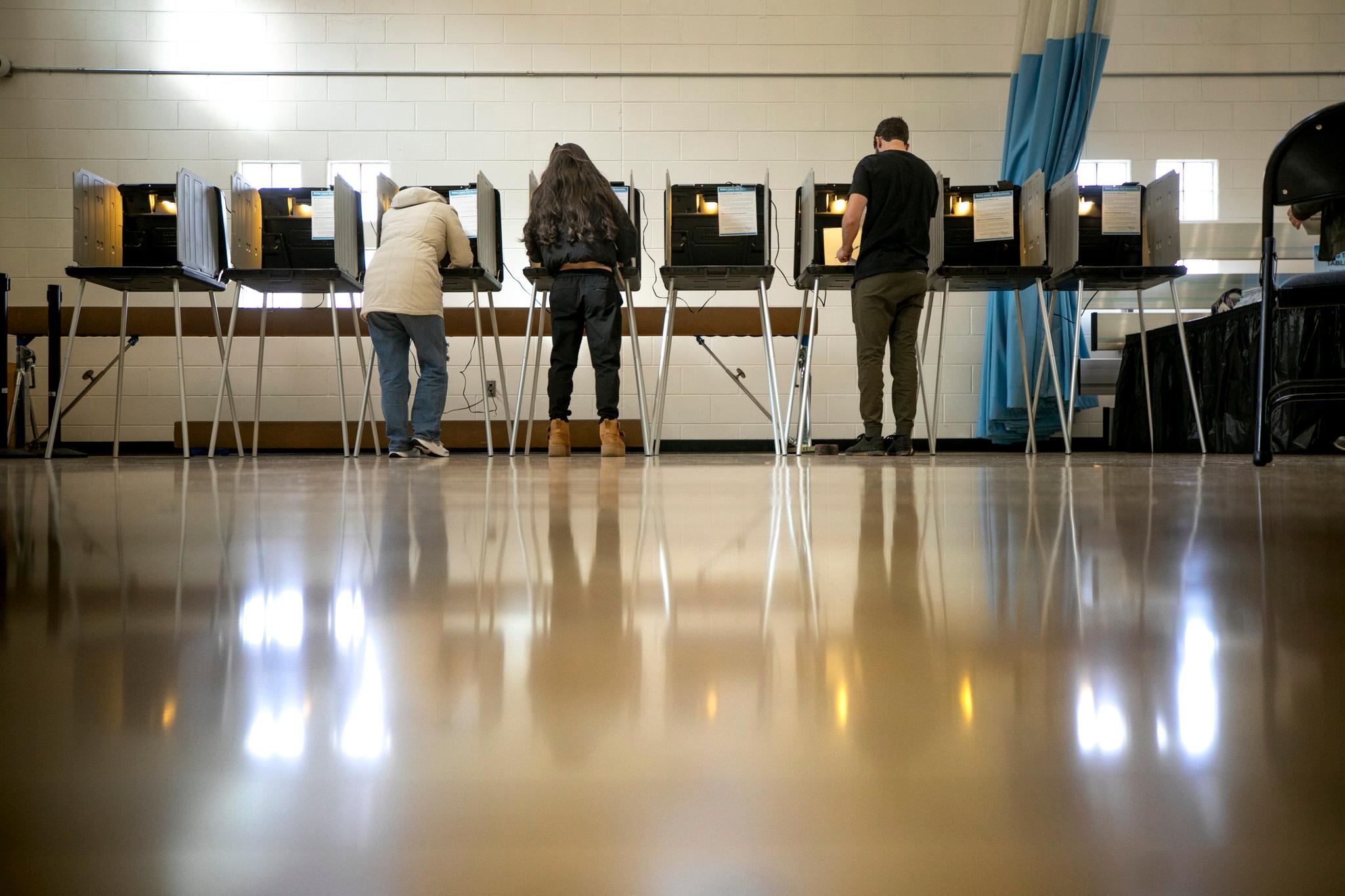
More than three-quarters of voters believe Coloradans have more in common than what divides them, according to new findings from the Colorado Polling Institute.
The data released Wednesday comes as politicians, media outlets and pundits are putting the nation’s clear political divide on display as they speculate about the implications of the 2024 election and a second Trump administration.
It’s all happening as millions of Coloradans prepare to sit down to have Thanksgiving dinner, and perhaps, some divisive conversations of their own.
The bipartisan team at the Colorado Polling Institute spoke with more than 800 residents ahead of the Nov. 5 presidential election, asking about their views on the state, and its politics.
“They’re feeling like both political parties are out of touch,” bipartisan research team member Lori Weigel told CPR News.
That sentiment was strongest among unaffiliated voters, but a plurality of those polled – regardless of party affiliation – agreed that their political beliefs currently fall somewhere between party lines.
Current political parties aren’t doing it for voters
Forty-eight percent of polled voters said they were liberal on social issues, versus 28 percent who described themselves as conservative.
When it comes to economic and fiscal concerns, though, the proportions were reversed. Just 26 percent of voters consider themselves liberal in this area, while 46 percent said they were conservative.
Those numbers tend to align with how the state approached some of its ballot measures on election day.
For example, 64 percent of the state voted in favor of Amendment J, taking a gay marriage ban out of the state constitution. But several new tax measures were won with slimmer margins or failed altogether, like Denver’s ballot measure 2R, which aimed to fund affordable housing with taxpayer money.
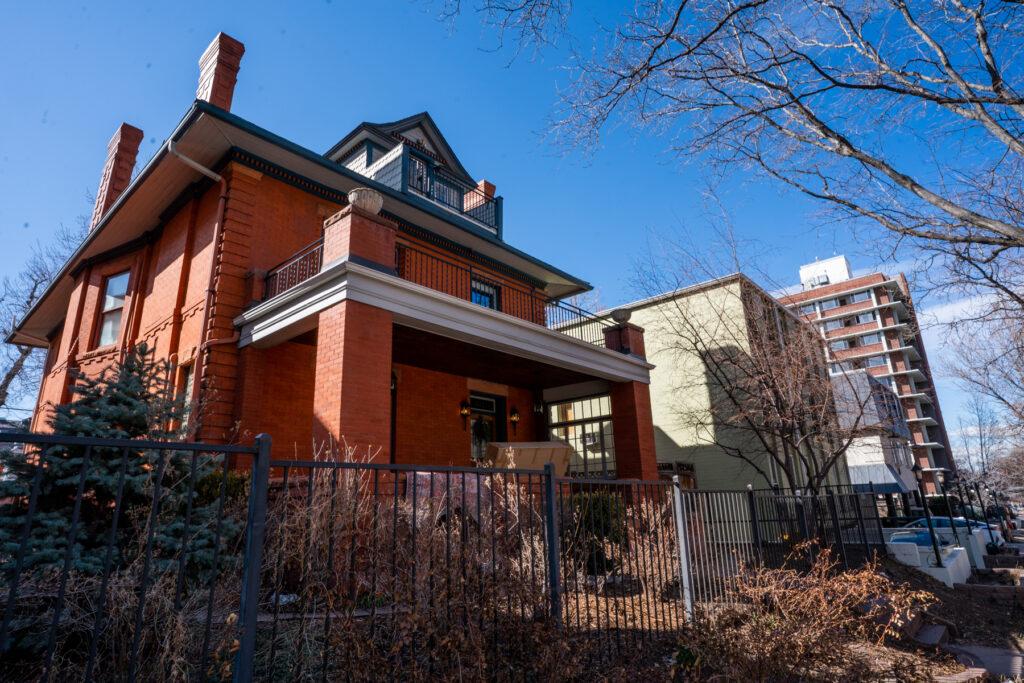
Weigel believes part of the reason Coloradans may chart their own course on ballot measures is because they have the luxury of voting at home.
“Voters tell us that they Google it, they spend some time with it, and really look at different issues independently,” she said.
When it comes time to do that research though, many Coloradans are unhappy with what they’re getting from the media. Sixty-three percent of them don’t believe it's easy to find unbiased political news, according to the poll.
“Voters are struggling a little bit, and it's not just here in Colorado, it's nationally, where they're just really skeptical of anything they see or read today,” Weigel said.
The poll shows that more than seven in 10 unaffiliated and Republican voters feel that finding unbiased information is difficult. It was only Democrats who were more likely to say that they could easily find unbiased information.
Political divides aside, voters are optimistic about the state’s future
“Almost two-thirds of Coloradans say that Colorado's best days are ahead. So even those who might be split on how we are right now are still optimistic about the future of the state,” Weigel said.
The poll did find that optimism to be higher among Coloradans who have chosen to live here recently, have higher levels of education and are in a younger demographic.
Forty-nine percent of long-term residents (20+ years) said the state is on the wrong track, while 63 percent of new residents ( 5 years or less) said the state is headed in the right direction.
“Those longer-term residents are still optimistic about the future of the state,” said Weigel. “Three in five did say our best days are ahead, they're just less jubilant than those newer residents.”
There was, however, a distinction in the state’s future outlook based on party affiliation. The poll found 87 percent of Harris voters agreed Colorado’s best days are ahead while 61 percent of Trump voters strongly disagreed with that statement, a finding which may reflect the state’s strong tilt toward the Democratic Party in the past couple of decades.
Also notable for this election cycle, 75 percent of Republicans said they are more of a supporter of President-elect Donald Trump than they are of the traditional Republican party.
What do Coloradans think of local leaders?
The poll also asked how voters feel about the governor and one of the state’s high-profile U.S. Senators, John Hickenlooper.
“It should come as no surprise that there's a big partisan dynamic,” said Weigel.
Overall, 54 percent of voters said they have a positive view of the Governor and 48 percent indicated a favorable view of Hickenlooper. Taking a look at party lines, though, the poll shows that 69 percent of GOP voters have an unfavorable view of Hickenlooper, while 77 percent of Democrats and 48 percent of independent voters view him favorably.
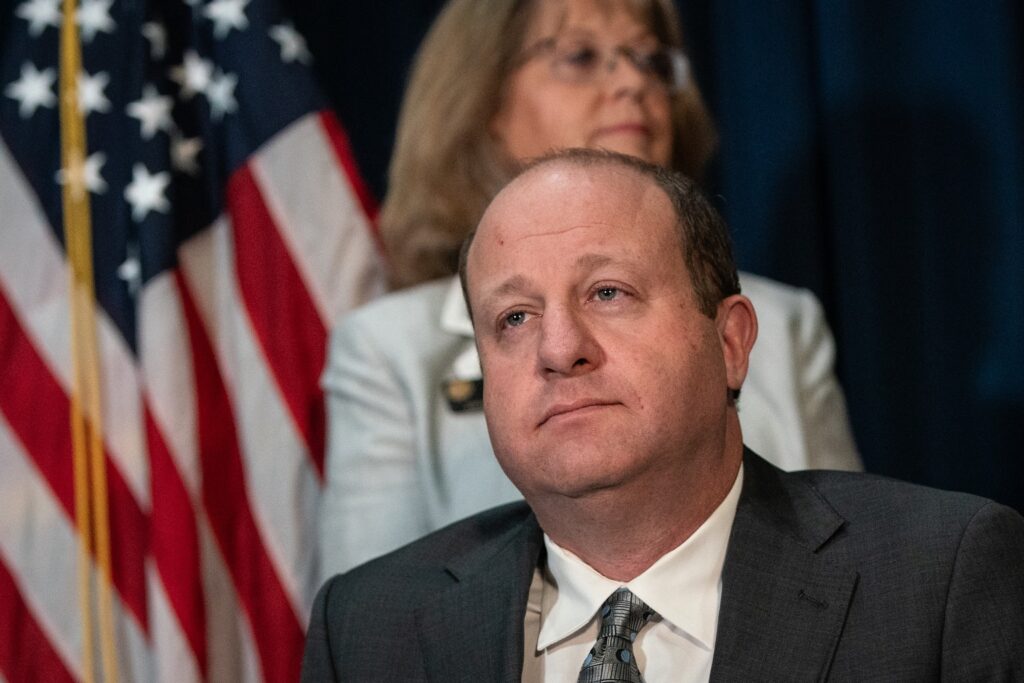
Polis is an even more polarizing figure, with 78 percent of GOP voters viewing him unfavorably while 87 percent of Dems and 56 percent of Independents have a positive opinion of him.
In general, public opinion of the governor has improved since March.
What matters most to Coloradans?
Locals aren’t just focused on the state’s highest offices.
“Coloradans very much feel that what happens at the legislature impacts their lives,” said Weigel. More than nine in ten voters, or 91 percent of those polled, agreed that what happens at the state Capitol impacts them, at least indirectly.
Voters surveyed listed healthcare costs and creating more affordable housing as top priorities, with higher incomes most concerned about addressing healthcare and those less focused on housing.
Coloradans also mentioned tackling illegal immigration, improving public schools, and balancing the state budget as major concerns. Democrats ranked education third, after housing and healthcare. GOP voters gave illegal immigration as their top concern, followed by government spending and public safety. Meanwhile, unaffiliated voters had affordable housing, illegal immigration and public schools as their top three.
“This is a state that's paying attention, that's looking ahead with more optimism than what we're seeing in some other states,” said Weigel. “They can be skeptical and a little bit cynical at times … but for the most part, they're really kind of satisfied with many aspects of life here in Colorado.”
Will we dish it out this Thanksgiving?
So how will people handle the conversation around the Thanksgiving dinner table? Coloradans are pretty split. Slightly more than half of those polled said they avoid talking about politics with family and friends, while the rest said the topic is not off the table. But Weigel said it’s voters in the middle who are more likely to keep the peace.
“Notably, unaffiliated voters are the most likely to say they avoid talking about politics with family and friends,” said Weigel. “So it's those partisans on either end that are more likely to provoke a political debate.”

